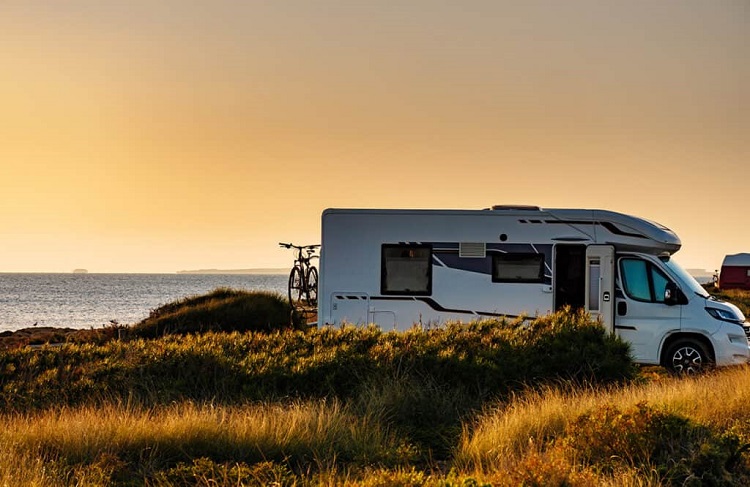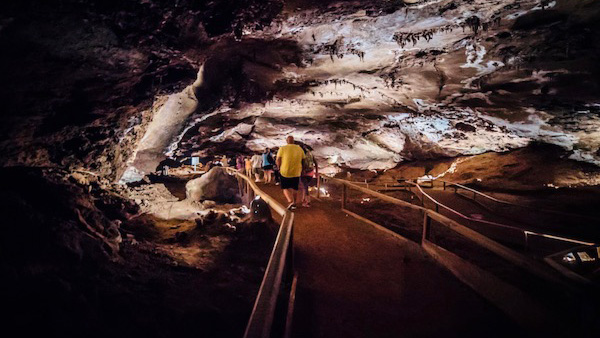As a camper, you’ve likely experienced the frustration of running out of propane unexpectedly, leaving you without the comforts of your stove, water heater, or furnace. This can be especially concerning when you’re in the middle of a trip or away from civilization.
In this article, we’ll explore the common reasons why your camper might be using more propane than expected and provide tips on how to conserve this valuable resource.
Understanding Propane Consumption in Campers
Propane is a vital energy source for campers, powering essential appliances like stoves, refrigerators, water heaters, and sometimes even heating systems. As an enthusiastic camper, grasping how propane is consumed and optimizing its usage is crucial for a successful and comfortable trip.
The stove is typically the most frequently used propane-powered appliance in a camper, especially for preparing meals. The amount of propane consumed depends on factors such as the frequency and duration of cooking, the type of cookware used, and the intensity of the flame.
Water heaters in campers are significant consumers of propane as well, with usage frequency and duration playing a key role in overall consumption. Some campers are equipped with propane-powered heaters for chilly nights, providing warmth and comfort.
However, these heaters can consume a substantial amount of propane, especially in colder climates.To manage propane effectively, it’s essential to monitor levels regularly. Most campers come equipped with propane gauges indicating the remaining levels in the tanks.
Causes of High Propane Consumption
1. Inadequate Maintenance
Regular maintenance is crucial to ensure your propane system operates efficiently. Neglecting routine checks and maintenance can lead to leaks, corrosion, and other issues that increase propane consumption.
It’s recommended to have your propane system inspected and maintained by a certified technician every two years, especially if you plan to change elevations.
2. Incorrect Propane Regulator
The propane regulator is responsible for controlling the pressure of the propane flowing into your appliances. If the regulator is not functioning correctly, it can lead to increased propane consumption. It’s essential to ensure your regulator is functioning correctly and to consider replacing it every few years.
3. Leaky Propane Lines
Leaks in the propane lines can cause propane to escape, leading to increased consumption. Regular inspections and maintenance can help identify and address these issues.
4. Incorrect Propane Tank Size
If your propane tank is too small for your camper’s needs, it can lead to frequent refills and increased propane consumption. Consider upgrading to a larger tank or adjusting your usage habits.
5. Inadequate Insulation
Poor insulation can cause your camper to heat up or cool down rapidly, leading to increased propane consumption. Ensure your camper is well-insulated, and consider adding additional insulation if necessary
6. Incorrect Propane Appliance Settings
Improperly adjusted propane appliances can lead to increased consumption. Ensure your appliances are set correctly, and consider adjusting them based on the outside temperature.
7. Boondocking
Boondocking, or camping without hookups, can be challenging for propane consumption. It’s essential to plan your propane usage carefully and consider alternative energy sources.
Addressing High Propane Consumption in Your Camper: A Practical Solution
1. Regular Maintenance
Proper maintenance of your propane appliances is essential for efficient operation and safety. Schedule regular inspections by a qualified technician to ensure that your appliances are in good working condition. During these inspections, any worn-out seals, hoses, or regulators should be replaced to prevent propane leaks and maintain optimal performance.
2. Proper Propane Regulator Installation
Ensure your propane regulator is installed correctly and functioning properly. It’s recommended to consider replacing it every few years to maintain optimal performance and safety.
3. Proper Propane Appliance Settings
Adjust your propane appliances according to the outside temperature and your camper’s needs. During periods of high consumption, consider using alternative energy sources to reduce reliance on propane.
4. Proper Propane Tank Size
Ensure your propane tank is the correct size for your camper’s needs. Consider upgrading to a larger tank or adjusting your usage habits if you find yourself frequently running out of propane. Having the right-sized tank ensures you have an adequate supply without needing frequent refills.
5. Enhance Insulation
Insulating your camper effectively is key to reducing propane usage for heating. Start by inspecting your camper for any gaps around windows, doors, and vents, and seal them using weatherstripping or caulking. Additionally, consider adding insulation to the walls, floor, and ceiling of your camper using materials like foam board, fiberglass, or reflective insulation.
6. Solar Power
Harnessing solar power can significantly reduce your reliance on propane-generated electricity. Start by calculating your energy needs and installing solar panels on the roof of your camper. These panels capture sunlight and convert it into electricity, which can then be used to power your appliances.
To store excess solar energy for use during times of low sunlight or at night, consider investing in a battery storage system.
Professional Inspection
When dealing with propane-related issues in your camper, it’s crucial to know when to call in the professionals rather than attempting a DIY fix. This is especially true if you suspect a propane leak or encounter a more complicated problem. Propane is a highly flammable gas, and any mishandling can lead to serious safety hazards such as fires or explosions.
Professionals are trained to handle these risks safely and are equipped with the necessary qualifications to ensure compliance with regulations.


